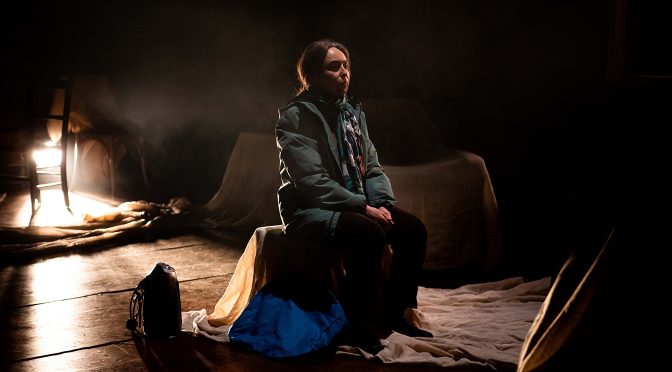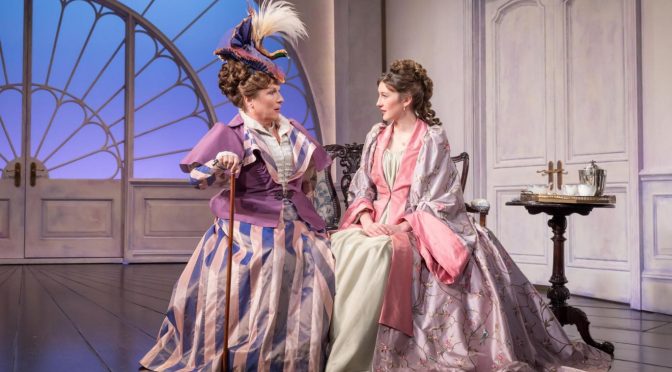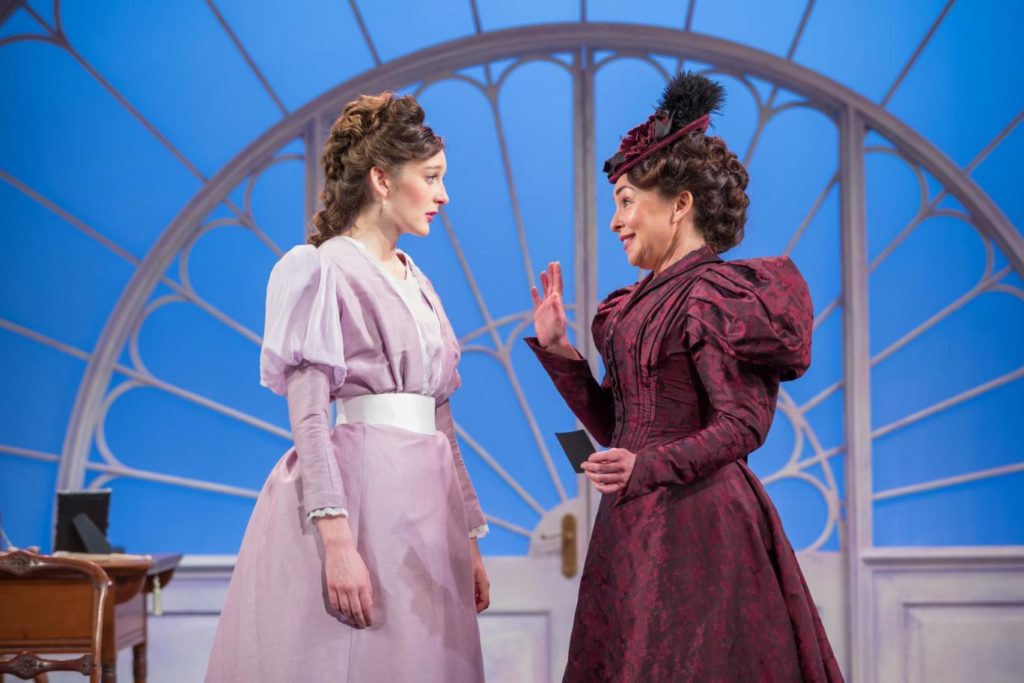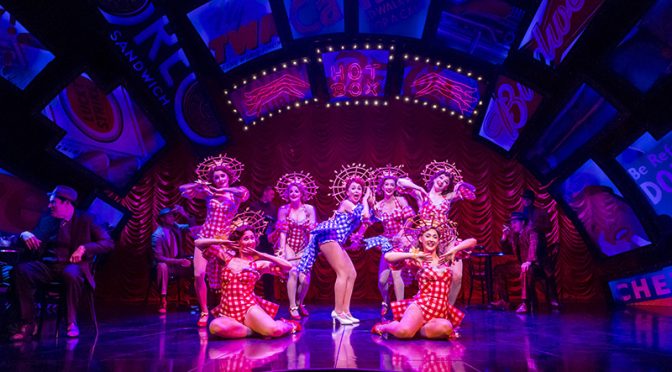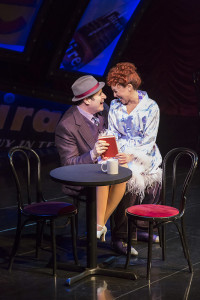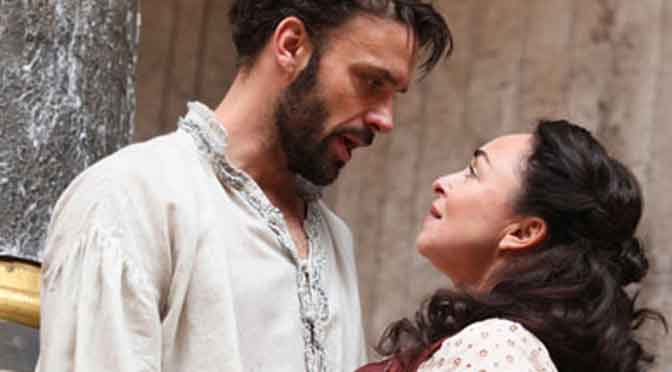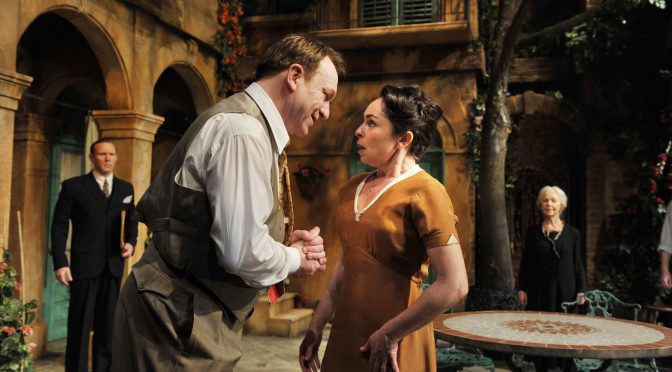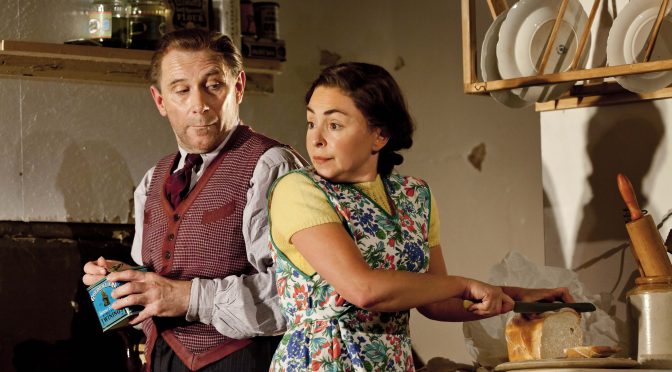Joining the list of theatres streaming shows live, this offering from Richmond is a high-quality affair. A better-than-most monologue and two two-handers show three different approaches to stories about the Covid-19 lockdown.
Guidesky and I
This smart script by Deborah Bruce is a superb vehicle for the wonderful Samantha Spiro. Acknowledging how difficult this past year has been, the character of Diana is clearing out her deceased mother’s home and trying not to “unravel” at the same time. With some excellent sound design from Anna Clock, an elegant stream-of-consciousness monologue increases in tension throughout its half-hour duration. It’s clever to make Diana an unappealing character who’s short-tempered, stressed and angry (I’m sure we can all recognise some of this in ourselves of late). A problem with an online order, which holds the piece together admirably, proves startlingly effective and surprisingly moving.

When the Daffodils
Joel Tan’s piece is less successful, although there are strong performances from Ishia Bennison and Jessica Murrain, who do well to hide a mawkish tone. Small pleasures and the importance of the caring profession are handled well enough. But Tan elaborates into a poorly sketched dystopian future where a “consensus” has resulted in older people quite literally imprisoned in their homes. It’s easy to see where the thinking comes from and, although there’s surely a debate to be had around such a topic, Tan’s contrived twists add confusion rather than substance.
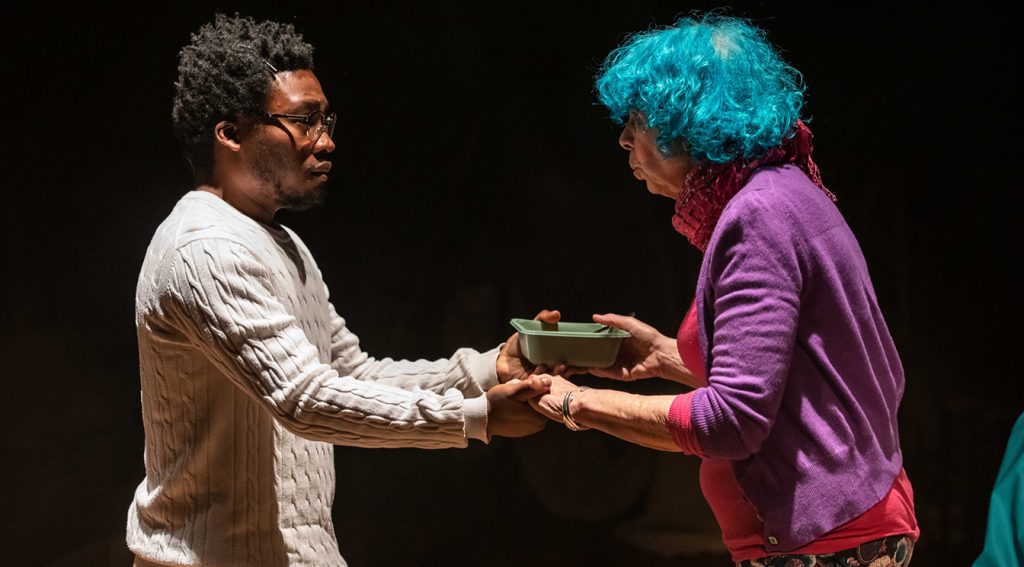
Ursa Major
For more big topics highlighted by Covid-19, Joe White has a young man with OCD in conversation with a “houseless” woman. If the backstories about Jay and Callisto aren’t quite convincing, the performances from Fisayo Akinade and Sasha Winslow are fine and the characters themselves likeable. White ticks boxes about lockdown life, and he does it well, with an underlying challenge about “normal interaction” that is sharp. Dark energy provides an impressive and effective metaphor throughout and there’s some welcome humour. Moving away from the theme of lockdown to think about distance more generally (well done!), White even provides a sweet ending.
Outside
For all the shows, the direction from Anna Himali Howard deserves high praise, as respecting the tone of each writer benefits the event overall. United by an “underlying feeling of unease”, at times excessively, it’s no surprise that Inside isn’t cheerful. But each playwright has managed to reflect our times. Maybe things will perk up for the second programme (15-17 April) when the theme, like us, moves away from our homes?
Until 27 March 2021
Photos by Ali Wright

